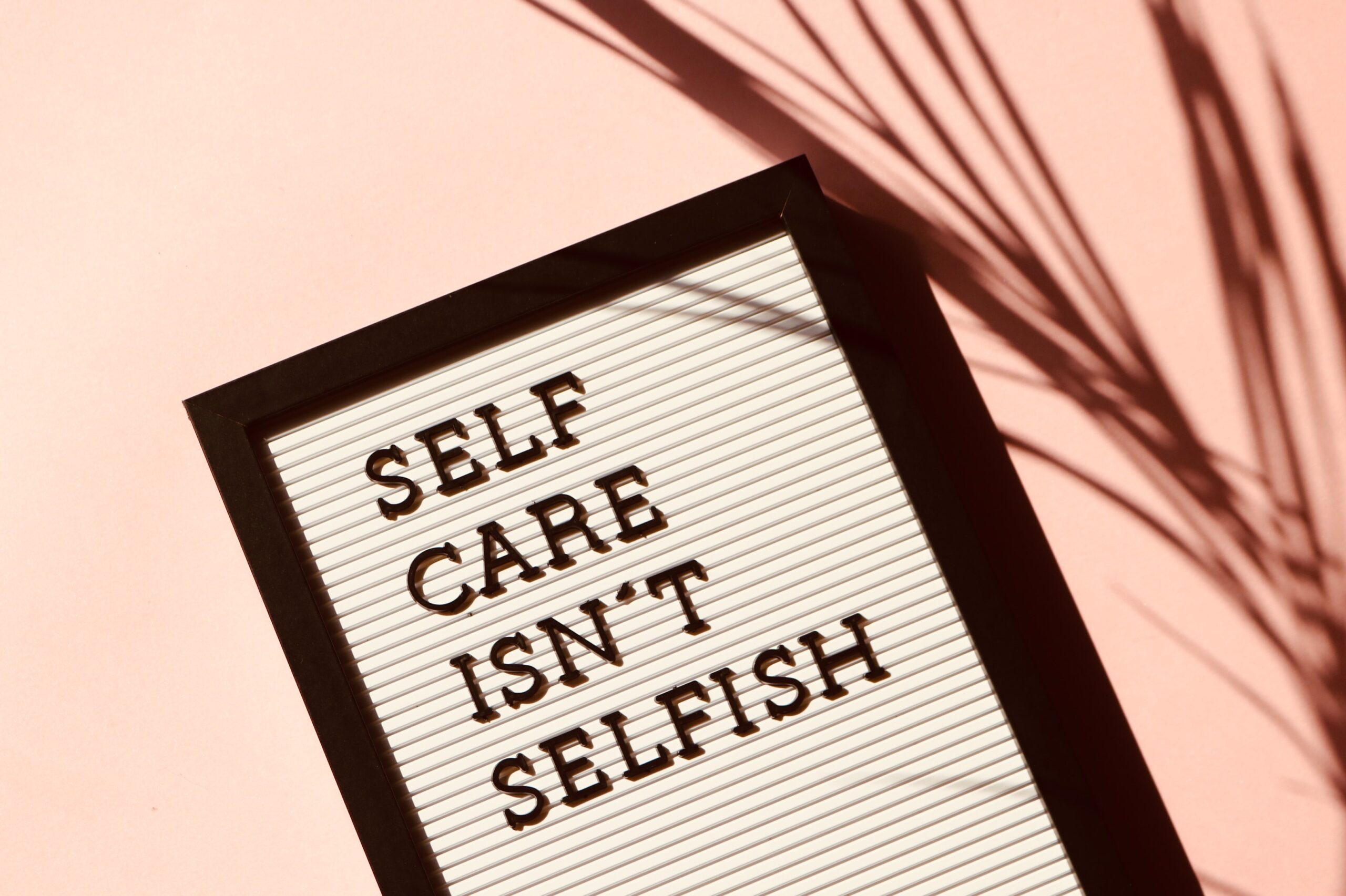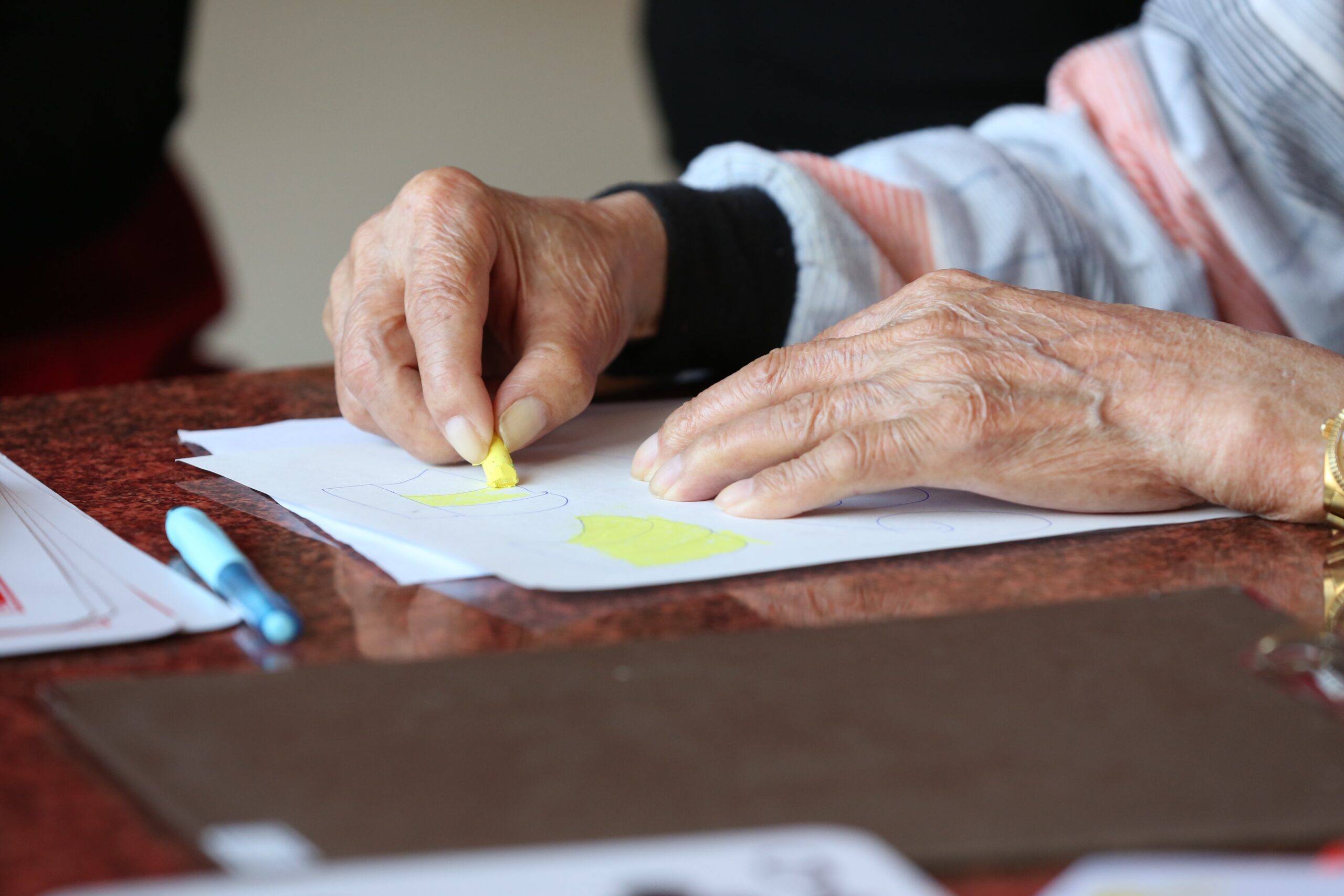The Importance of a Holistic Approach in Mental Health Recovery
![]() Andrea Wagner
on
September 17, 2023
Andrea Wagner
on
September 17, 2023
 In an era where mental health challenges are on the rise, understanding and addressing these issues requires a comprehensive approach. The holistic method in mental health emphasizes the intricate relationship between the mind, body, and spirit. This approach moves beyond merely addressing symptoms, focusing on the overall physical, mental, and emotional well-being of an individual.
In an era where mental health challenges are on the rise, understanding and addressing these issues requires a comprehensive approach. The holistic method in mental health emphasizes the intricate relationship between the mind, body, and spirit. This approach moves beyond merely addressing symptoms, focusing on the overall physical, mental, and emotional well-being of an individual.
Understanding the Holistic Approach
The concept of holistic health is not new, but its application in mental health has gained significant traction in recent years. Recognizing that individuals are more than just a collection of symptoms, the holistic approach seeks to understand and treat the person as a whole, considering all facets of their well-being.
Defining Holistic Health
At its core, a holistic approach to mental health means treating the entire person. It’s not just about addressing the symptoms or the specific mental ailment. Instead, it considers the mental, emotional, physical, and even spiritual aspects of an individual’s well-being.
Benefits of a Comprehensive View
By adopting a holistic perspective, practitioners can uncover underlying issues that might be contributing to mental health challenges. This comprehensive view ensures that treatments are tailored to the individual, offering a more personalized and effective approach to mental health care.
The Recovery Model and Holistic Health
The Recovery Model stands as a testament to the evolution of mental health care, emphasizing personal growth, resilience, and empowerment. When integrated with a holistic approach, it ensures a comprehensive treatment strategy that addresses every facet of an individual’s well-being.
Introduction to the Recovery Model
The Recovery Model is centered on the belief that individuals can overcome the challenges of mental health issues and lead fulfilling lives. It’s not just about symptom management; it’s about empowering individuals to take charge of their recovery journey, fostering hope, and building resilience.
Aligning Holistic Health with the Recovery Model
Both the Recovery Model and holistic health prioritize the individual’s overall well-being. By combining these two approaches, practitioners can offer treatments that are not only effective in symptom management but also promote overall health, ensuring sustainable and meaningful outcomes.
Techniques and Treatments in Holistic Mental Health
Modern holistic mental health care incorporates a variety of techniques and treatments, each tailored to the individual’s unique needs. From traditional therapies to innovative interventions, these methods aim to provide comprehensive care that addresses the root causes of mental health challenges.
Overview of Holistic Techniques
There’s a vast array of techniques in holistic mental health, ranging from Cognitive Behaviour Therapy (CBT) to relaxation training. Each technique offers its own set of benefits, and the key is to find the right combination that works best for the individual.
Effectiveness of Cognitive Behaviour Therapy (CBT)
CBT stands out as one of the most effective treatments in holistic mental health care. It focuses on identifying negative thought patterns and replacing them with positive ones, empowering individuals to take control of their mental well-being.
Role of Behavioral Therapies
 Behavioral therapies play a crucial role in holistic treatment, helping individuals modify harmful behaviors and adopt healthier ones. Through a series of structured sessions, individuals learn to cope with challenges in a more positive and constructive manner.
Behavioral therapies play a crucial role in holistic treatment, helping individuals modify harmful behaviors and adopt healthier ones. Through a series of structured sessions, individuals learn to cope with challenges in a more positive and constructive manner.
The Role of Emotional and Physical Wellbeing
Emotional and physical well-being are intrinsically linked, especially when discussing mental health. A holistic approach recognizes this connection, ensuring that both aspects are addressed in treatment plans to provide comprehensive care.
Interconnectedness of Emotional Distress and Physical Symptoms
Emotional distress can manifest in various physical symptoms, from fatigue to chronic pain. Conversely, physical ailments can lead to emotional distress. Recognizing this interconnectedness is crucial in holistic mental health care, ensuring that treatments address both aspects for optimal well-being.
Strategies for Promoting Emotional and Physical Health
From mindfulness practices to regular physical activity, there are numerous strategies that can promote both emotional and physical health. Incorporating these into daily routines can significantly enhance one’s overall well-being and resilience against mental health challenges.
Chronic Illnesses and Mental Health
The relationship between chronic illnesses and mental health is complex. Individuals with chronic conditions often face mental health challenges, making a holistic approach essential in addressing both the physical ailment and the accompanying emotional distress.
The Link Between Chronic Illnesses and Mental Health
Chronic illnesses can lead to feelings of despair, anxiety, and isolation. The constant management of a chronic condition, coupled with the physical discomfort, can take a toll on one’s mental well-being. Understanding this link is crucial in providing comprehensive care.
How a Holistic Approach Addresses Both
A holistic approach in mental health care ensures that individuals with chronic conditions receive treatments that address both their physical symptoms and the emotional distress they may be experiencing. This dual focus ensures a more balanced and effective recovery journey.
The Significance of Person-Centered Care
Person-centered care is at the heart of holistic mental health. It emphasizes the individual’s active participation in their treatment, ensuring that care is tailored to their unique needs and preferences.
Principles of Person-Centered Care
Person-centered care is built on respect, collaboration, and empowerment. It recognizes the individual as an expert in their own life, ensuring that treatments are aligned with their values, preferences, and goals.
Its Role in Holistic Treatment
Incorporating person-centered care in holistic treatment ensures that individuals are not just passive recipients of care. Instead, they are active participants, collaborating with practitioners to craft treatment plans that resonate with their unique needs and life circumstances.
Psychological Interventions and Their Impact
Psychological interventions play a pivotal role in holistic mental health care. From traditional therapies to innovative techniques, these interventions offer tools and strategies to address the root causes of mental health challenges.
Overview of Psychological Interventions
There’s a vast array of psychological interventions available, each with its own set of benefits. From Cognitive Behavior Therapy (CBT) to Acceptance and Commitment Therapy (ACT), these interventions offer varied approaches to address mental health challenges.
The Power of Group Therapies
Group therapies, such as Intensive Outpatient Treatment (IOP), harness the power of group dynamics to promote healing and recovery. Sharing experiences, challenges, and successes in a group setting fosters a sense of community and support, enhancing the therapeutic experience.
Addressing Major Mental Illnesses Holistically
Major mental illnesses, such as depression, anxiety, and bipolar disorder, require comprehensive care. A holistic approach ensures that treatments address not just the symptoms but also the underlying causes, offering a more sustainable path to recovery.
Challenges of Major Mental Illnesses
Living with a major mental illness presents a myriad of challenges, from managing symptoms to navigating societal stigma. A holistic approach recognizes these challenges, offering tools and strategies to cope and thrive.
Comprehensive Support in Holistic Therapy
Holistic therapy offers comprehensive support for individuals with major mental illnesses. By addressing the physical, emotional, and social aspects of well-being, it ensures that individuals receive care that resonates with their unique needs and challenges.
The Expertise of Dr. Andrea Wagner at Redeemed Mental Health
Dr. Andrea Wagner’s approach to mental health care stands out, emphasizing a holistic and person-centered approach. Drawing from her rich background and experience, she offers treatments that are both compassionate and effective.
Dr. Wagner’s Unique Approach
With a vast experience spanning various esteemed institutions, Dr. Wagner brings a unique perspective to mental health care. Her approach simplifies complex therapeutic issues, making them easily understandable for her patients.
Conclusion
The holistic approach in mental health care offers a comprehensive path to recovery, addressing every facet of an individual’s well-being. By recognizing the interconnectedness of the mind, body, and spirit, it ensures that treatments are tailored to the individual, offering a more personalized and effective approach to mental health care.


 While individuals take the lead in their recovery, professionals play a pivotal role in guiding and refining goal-setting. With their expertise, they can help individuals set realistic, achievable goals, ensuring a balanced and holistic approach to recovery.
While individuals take the lead in their recovery, professionals play a pivotal role in guiding and refining goal-setting. With their expertise, they can help individuals set realistic, achievable goals, ensuring a balanced and holistic approach to recovery.
 Support is the cornerstone of any treatment, and PHP excels in this domain. With a dedicated team of professionals, it offers continuous support, ensuring that patients are never alone in their journey.
Support is the cornerstone of any treatment, and PHP excels in this domain. With a dedicated team of professionals, it offers continuous support, ensuring that patients are never alone in their journey.
 Improved Relationships: With better mental well-being, individuals often find their relationships – be it familial, romantic, or platonic – improving.
Improved Relationships: With better mental well-being, individuals often find their relationships – be it familial, romantic, or platonic – improving.
 Mental health care plays a crucial role in rehabilitation settings, helping individuals manage their mental health conditions and improve their overall well-being. At Redeemed Mental Health, we’re committed to providing expert mental health care that aligns with these needs. So why wait? Take the first step towards reclaiming your mental health today.
Mental health care plays a crucial role in rehabilitation settings, helping individuals manage their mental health conditions and improve their overall well-being. At Redeemed Mental Health, we’re committed to providing expert mental health care that aligns with these needs. So why wait? Take the first step towards reclaiming your mental health today.
 At Redeemed Mental Health, we believe in the power of private therapy sessions. Our approach is client-centered, meaning we tailor our therapy sessions to meet your unique needs and goals. It’s like having a custom-made therapy plan – it fits you perfectly!
At Redeemed Mental Health, we believe in the power of private therapy sessions. Our approach is client-centered, meaning we tailor our therapy sessions to meet your unique needs and goals. It’s like having a custom-made therapy plan – it fits you perfectly!
 So there you have it, a comprehensive guide to understanding the role of IOP in mental health care. Remember, mental health is a journey, not a destination. And IOP might just be the vehicle you need to get you there. So buckle up, and enjoy the ride!
So there you have it, a comprehensive guide to understanding the role of IOP in mental health care. Remember, mental health is a journey, not a destination. And IOP might just be the vehicle you need to get you there. So buckle up, and enjoy the ride!
 So there you have it, a comprehensive guide to understanding the benefits of PHP. Remember, mental health is a journey, not a destination. And PHP might just be the vehicle you need to get you there. So buckle up, and enjoy the ride!
So there you have it, a comprehensive guide to understanding the benefits of PHP. Remember, mental health is a journey, not a destination. And PHP might just be the vehicle you need to get you there. So buckle up, and enjoy the ride!














